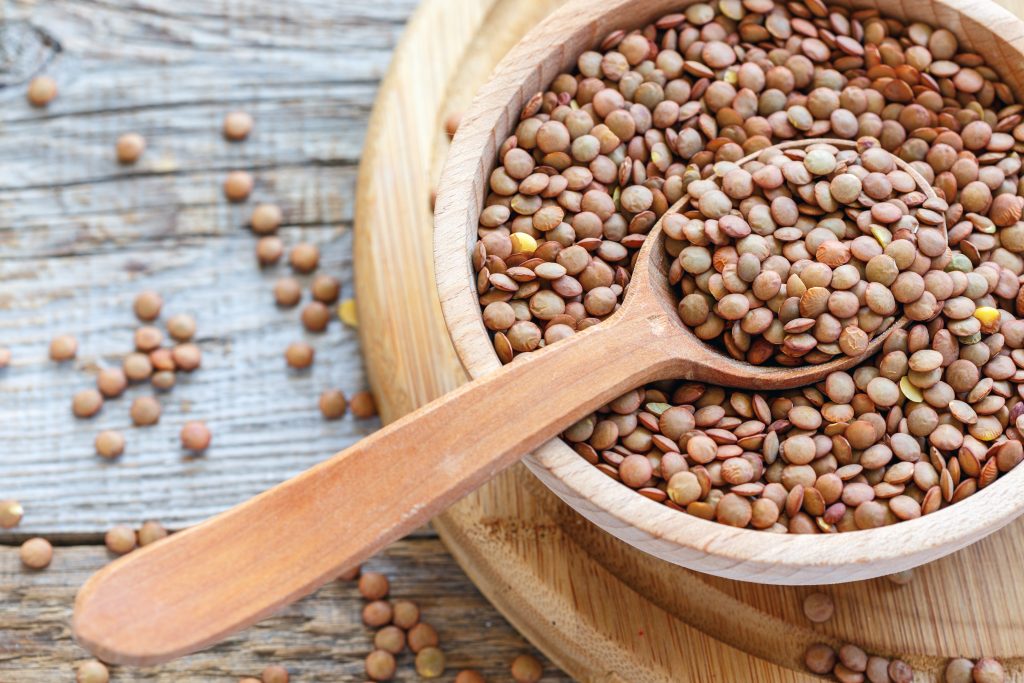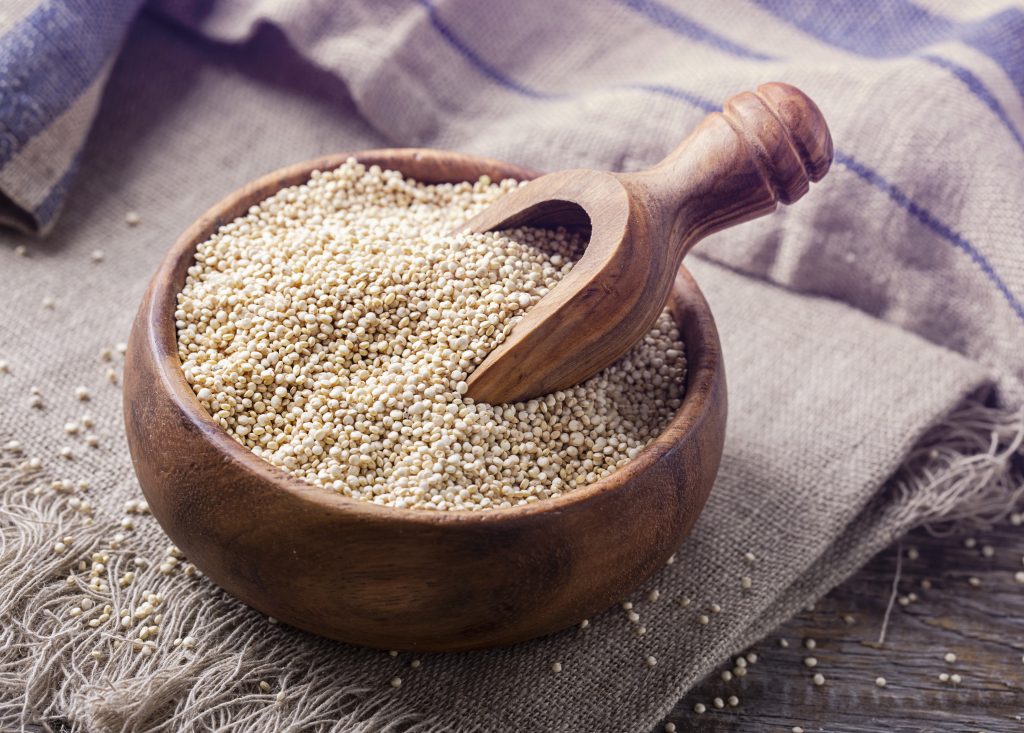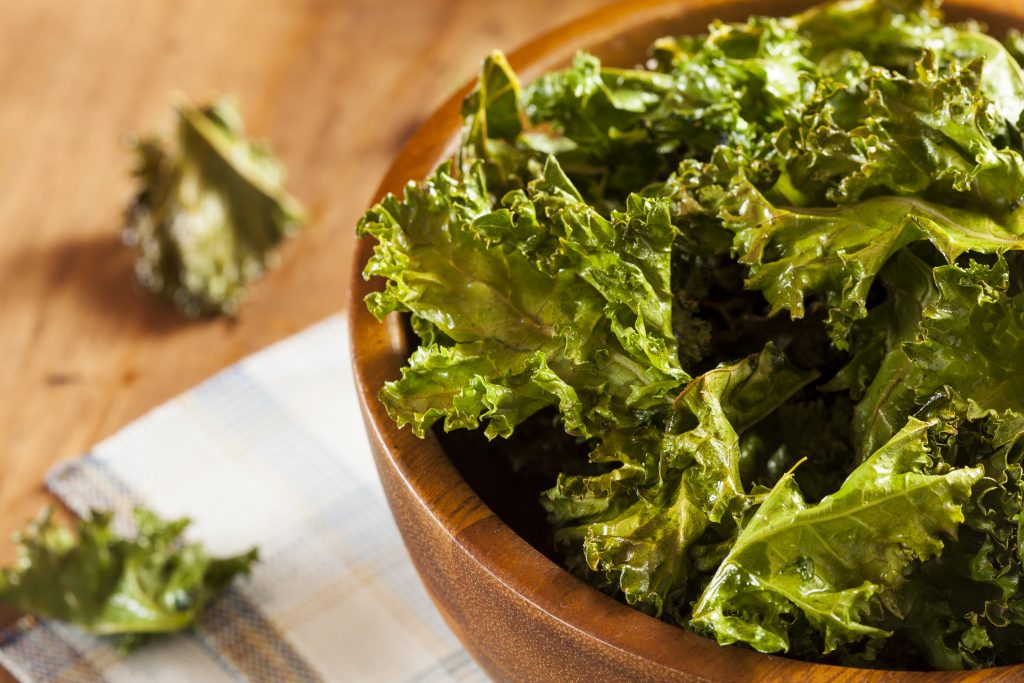Progesterone is one of the key hormones in our bodies, playing an essential role in the everyday function of our bodies, yet many women experiencing hormone imbalance don’t realise that low progesterone is the cause. There are however certain nutrients that boost progesterone levels and can help many women combat their low progesterone levels. Could you benefit?
Symptoms of Low Progesterone
Low progesterone can have a number of effects including:
Fertility Issues
Progesterone has a very important role in a woman’s cycle, ensuring that the uterine lining stays in place for 14 days of your cycle. This is so a fertilised egg can embed itself in the wall of your uterus and the pregnancy can progress. If a woman becomes pregnant then progesterone levels increase, maintaining the uterine lining, but if no pregnancy occurs then it decreases and leads to the shedding of this lining, and the resulting period. However, if progesterone levels are very low this can lead to problems conceiving, irregular and very heavy periods and more severe PMS symptoms.
Estrogen Dominance
Estrogen Dominance is one of the main causes of low progesterone. Progesterone and estrogen have a symbiotic relationship, where one is needed to help control the other. If estrogen levels are too high and progesterone levels are too low, this means the balance gets out of control and can lead to symptoms including ovarian fibroids, cellulite, weight gain, painful periods, mood swings and bloating.
Thyroid Issues
Low progesterone has an impact on estrogen levels, which can, in turn, have an effect on your thyroid levels.
Anxiety, Depression & Low Mood
Progesterone has a massive effect on your mood and acts as an antidepressant. Therefore, when it is in short supply this can lead to periods of low mood, anxiety and depression, as well as insomnia.
Weight Gain
Low progesterone levels can stop your body burning its fat stores for energy, instead, it can put glucose into your bloodstream. This can lead to the breakdown of muscle tissue and the production of cellulite.
Fluid Retention
As a natural diuretic, progesterone prevents your cells retaining water, but the same is true in reverse. If you have low progesterone levels this can lead to increased fluid retention, in turn leading to symptoms such as swollen fingers and sore breasts.
Sagging or Loose Skin
Progesterone stimulates the production of collagen, which is essential for maintaining skin health.
Hot Flashes and Night Sweats
These are two of the most common symptoms of peri-menopause and progesterone could be one of the most effective ways of treating them according to recent studies.
Nutrients That Boost Progesterone
As progesterone is a hormone, there are no foods which actively contain it. However, this isn’t to say that food can’t be used to help your body increase the production of progesterone.
Fibre
As we’ve already stated, estrogen and progesterone work in relation to one another and fibre can help reduce estrogen levels which in turn can help progesterone work more effectively. Your body absorbs estrogen from certain foods and therefore the longer these foods take to get through your digestive system the more estrogen is absorbed. Fibre helps improve your bowel movements and makes sure there is less time for estrogen to be absorbed into your system.
Foods which are high in fibre include:
Zinc
Zinc has an impact on a number of different areas of your body which are essential in the production of progesterone, including the ovaries and your pituitary gland. Zinc increases the production of Follicle Stimulating Hormone (FSH) which in turn causes ovulation and leads to the production of progesterone.
Foods which are high in zinc include:
- Lean Beef
- Seafood
- Pumpkin and Squash Seeds
- Nuts
Vitamin B6
Vitamin B6 has been shown to help improve progesterone levels and is, therefore, one of the vitamins which women who are trying to conceive often take. Research has shown that women who have higher levels of vitamin B6 in their blood have reduced miscarriage rates by 50%.
Foods which contain vitamin B6 include:
- Sunflower Seeds
- Fish
- Turkey
- Dried Fruit
Magnesium
Magnesium plays a very important role in hormone regulation and is therefore one of the nutrients that boost progesterone levels. The reason for this is that it helps regulate the pituitary gland which produces FSH, Luteinizing Hormone (LH) and Thyroid Stimulating Hormone (TSH), which lead to the production of both estrogen and also helps to boost progesterone.
Foods which are high in magnesium include:
Vitamin C
Research has shown that women who take vitamin C have significantly increased levels of progesterone in their systems, in fact, women who took 750mg of vitamin C per day had an increase of 77%.
Foods which are high in vitamin C include:
- Yellow Peppers
- Oranges
- Broccoli
- Kiwi
- Kale
L-Arginine
If you haven’t heard of L-Arginine you’re probably not alone but it can be very handy to boost progesterone. This amino acid is found in high protein foods and is important in the production of nitric acid which aids blood circulation. Increased circulation makes sure that your corpus luteum (which produces progesterone following ovulation) and your ovaries can work effectively.
Foods which are high in L-Arginine include:
- Lentils
- Salmon
- Pumpkin Seeds
- Chicken
- Lean Beef
 https://www.mariongluckclinic.com/blog/six-nutrients-boost-progesterone.html
https://www.mariongluckclinic.com/blog/six-nutrients-boost-progesterone.html






Comments
Post a Comment